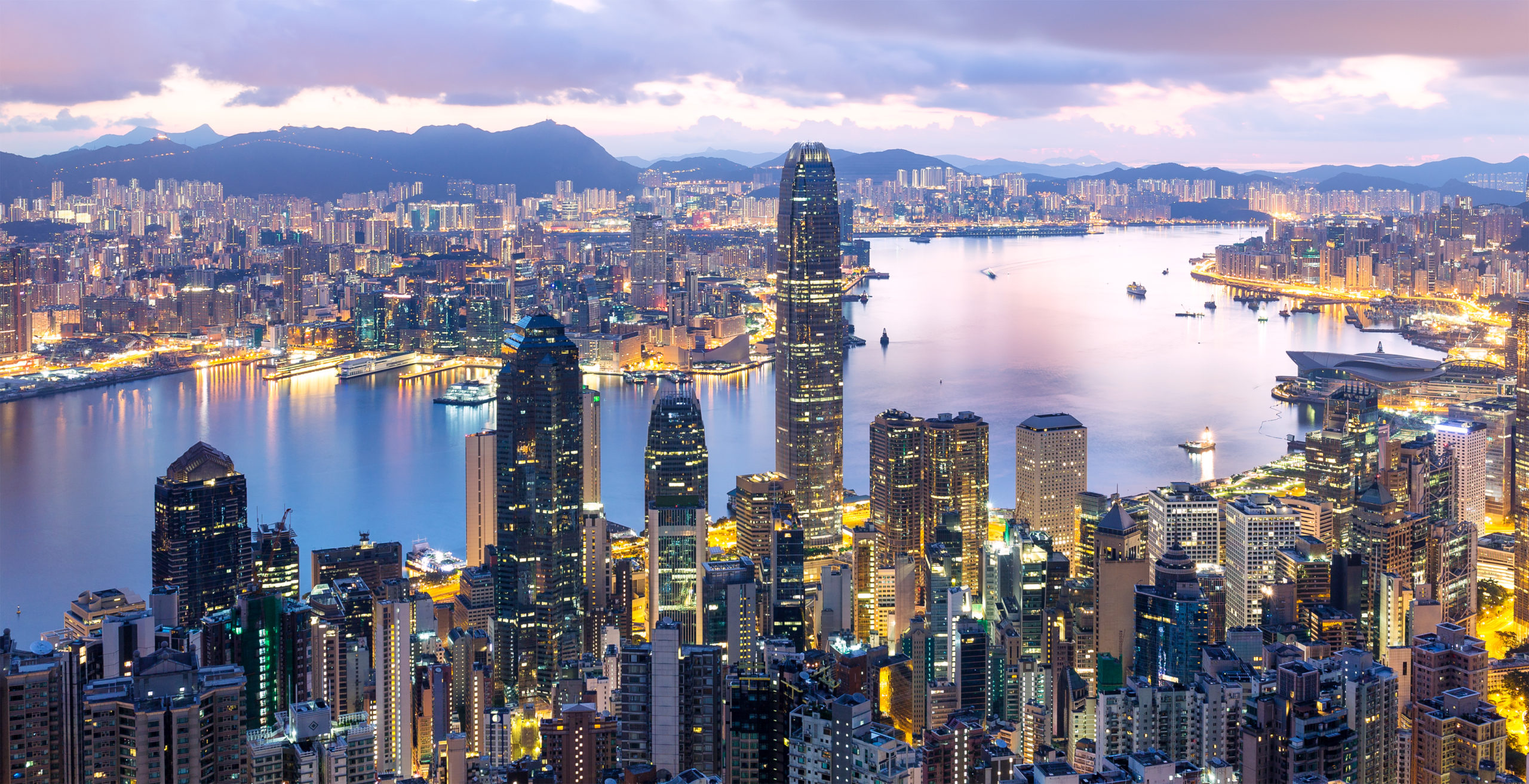Connect with us
Published
2 years agoon
By
Tyler Shultz
Hong Kong has announced the ban of cannabidiol products and beginning February, will treat the compound the same way as other drugs like heroin and cocaine.
In June, Hong Kong unveiled its plan to control CBD products by classifying it as a dangerous drug and including the substance in the First Schedule to Dangerous Drugs Ordinance (DDO). In October, the Hong Kong government reported orders to make amendments to the Dangerous Drugs Ordinance and the Control of Chemicals Ordinance, with the new rules taking effect February 1, 2023. Under the DDO, possession of a dangerous drug is punishable by a fine of HK $1 million (about $127,000) and a prison sentence of up to seven years, while trafficking is punishable by a HK$5,000,000 (about $637,000) fine and potentially life imprisonment.
Local authorities believe they have found traces of THC in CBD products that are sold in the city and claim CBD can be purposefully converted into THC and that it can naturally decompose into the illegal substance. Hong Kong began its crackdown on CBD sellers last November, seizing over 30,000 CBD products that they claimed contained THC. A total of 34 people have been arrested over suspected offenses related to CBD products.
Authorities in Hong Kong have advised those with CBD should get rid of it in anticipation of the new rules going into effect and announced amnesty boxes will be placed to allow for the safe disposal of products. In response to suggestions from the public, 10 boxes will be placed outside of government premises during working hours beginning October 27 to January 30, 2023, to allow for the safe voluntary disposal of products.
“The trade and the public should arrange early disposal of any CBD products in their possession to avoid contravention of the law after commencement of the legal control on CBD,” the government said in a statement. “In response to suggestions from the public, the government will arrange disposal boxes for the voluntary disposal of CBD products during a limited period.”
Recent research from the Hong Kong Federation of Youth Groups found over a threefold increase in drug-related social media content in the city since 2016. CBD had been one of the specific drugs that had seen an increase in search traffic, with related views increasing from 5,707 in 2019 to 11,840 in 2020 and 43,980 in 2021. CBD was marketed as a stress-relief and healthcare product for younger people, with the Hong Kong Federation of Youth Groups’ youth crime prevention center saying high-risk users were sharing memes and posts that “causes some users to underestimate the risks and severity of drug abuse problem.”
The move by Hong Kong to ban CBD comes a year after China banned CBD from all cosmetic products, as well as three other cannabis plant derivatives: cannabis sativa fruit, cannabis sativa seed oil and cannabis sativa leaf extract. In June 2021, the National Medical Products Administration (NMPA) banned CBD from all cosmetic products, formalizing the draft proposed by the National Institutes for Food and Drug Control. Primary concerns were that the largely unregulated CBD-based cosmetics industry could lead to poor testing procedures, in addition to wanting to control over the THC the authorities claim could potentially be in the products.
“When processing CBD cosmetics, THC may also be produced. This means that there are great hidden dangers in every link [of the supply chain] from production to transportation of CBD cosmetics,” said Hedy He, a cosmetic regulatory analyst with China-based market intelligence consultancy Chemlinked. “With the entry of more brands, if [they are] not strictly controlled, raw materials that may become drugs may circulate in the Chinese market, which brings serious risks to drug control.”


Study Reveals State Cannabis Legalization Lowers Immigrant Deportation


DEA Challenges Bid To Use Psilocybin Under ‘Right To Try’ Legislation


Vegans Rejoice as Farmers Switch from Chickens to Hemp


Louisiana Legislative Committee Unanimously Passes Adult-Use Cannabis Framework Bill


Louisiana House Bill to Regulate Hemp Products Advances Along With Senate Bill to Ban


Cresco Labs Workers Reportedly De-Unionize
